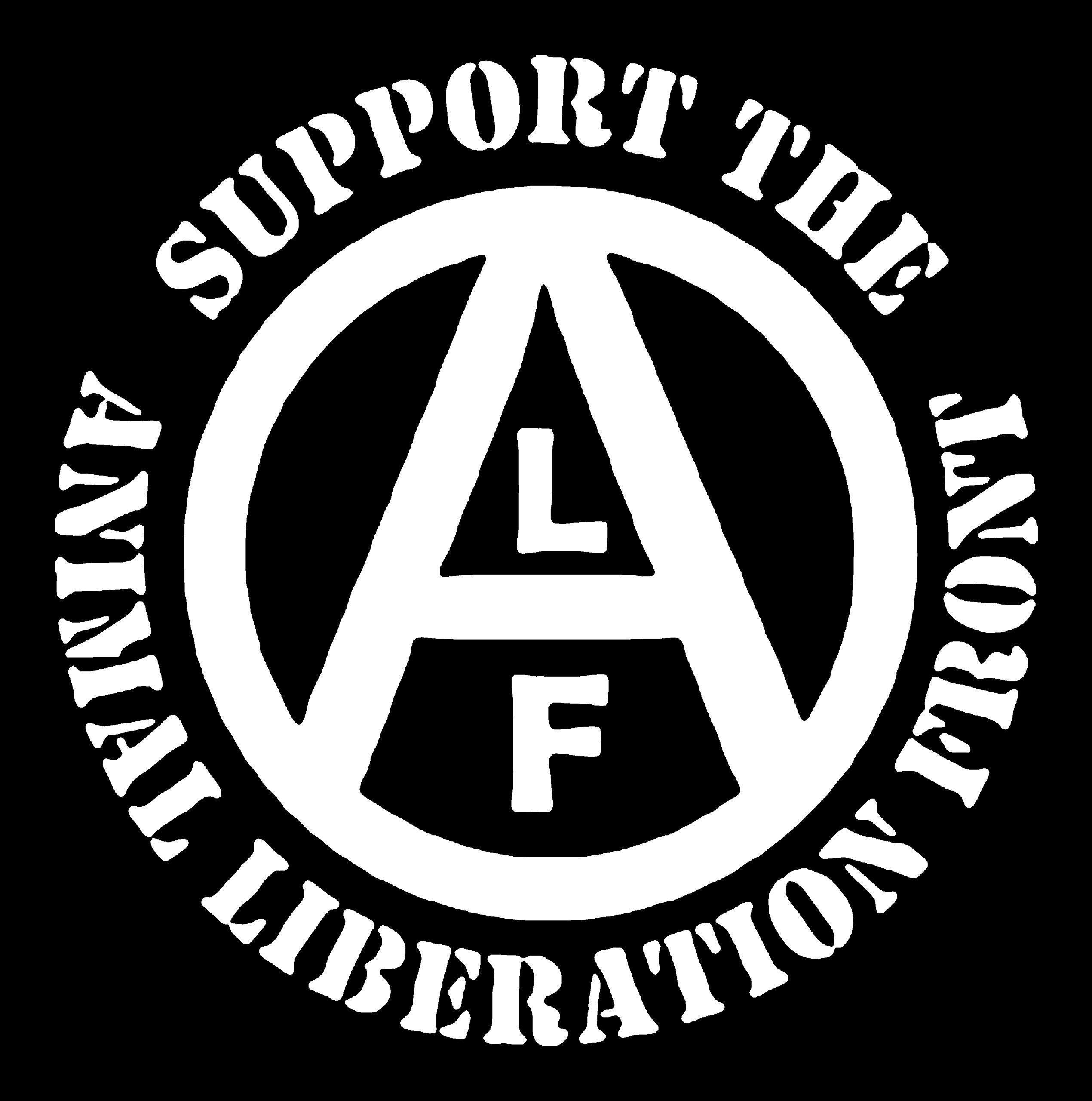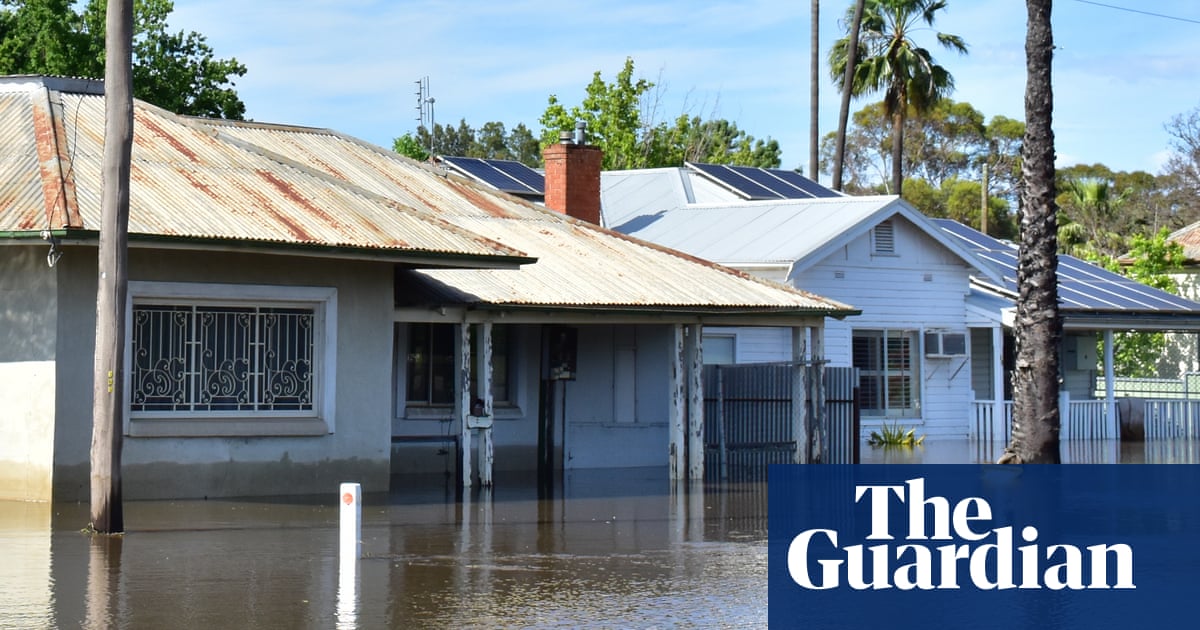edwardligma [he/him]
- 27 Posts
- 1.13K Comments
also just completely whitewashes colonialism, its cool and good to set up a plantation economy on your conveniently-"uninhabited" new world islands, where the non-white population (wonder where they came from?) exists purely to produce raw resources to ship out for fueling the treat factories for the "high-value" (and extremely white) old world elite
also five hundred plates to spin across a whole bunch of islands and two separate maps, and they couldnt even figure out how to let you build stuff while paused in a game thats supposed to be about careful city planning. i gave up cos it was just so exhausting
far from perfect, but tropico 6 is my favourite citybuilder, with a real focus on meeting the needs and wants of all the people in something vaguely approaching a functioning political economy, plus you can build shit while paused
i think more than anything else, watch dominion to remind yourself why its so important (cw: incredibly graphic violence). remember it if youre ever tempted to fall off the wagon again, missing out on a bit of cheese or whatever pales in comparison to contributing to this horror
agree with everyone else here saying not to focus on replacements but to make things that are delicious in their own right. this is my favourite recipe website, it has so much good shit. and ive cooked plenty of them for groups of omnis to very positive reviews. people are genuinely surprised that vegan food is tasty as fuck, but if you cook them imitations theyre just gonna focus on "it doesnt really taste like <dead animal>"
also i used to be the "i could never be vegan, i could never give up cheese" guy, and then i gave up cheese and literally never even think about it any more
- edwardligma [he/him]to
 ·2 years ago
·2 years agoyep thats the one! its a great book, although i think it leans too heavily towards european royal families' petty familial shenanigans and fuckups as causative factors, but it does also really centre the very capitalist crisis of overproduction of stupid amounts of heavy weaponry (especially warships) and the massively destabilising effects of that, as well as the imperialist friction in the scramble for africa. and the stuff about the development of ship design and naval tactics through the ironclad period is fascinating and funny as shit.
- edwardligma [he/him]to
 ·2 years ago
·2 years agotheres a really interesting book i read called dreadnought which focuses heavily on the naval buildups leading up to world war i
and for starters during the whole ironclad period of weird ship design and rapid changes in ship technology (and very few actual naval engagements during that time for them to actually be tested) nobody had the slightest fucking idea what worked or what didnt (at one point they were all convinced that ramming spikes were making a comeback). but then particularly during the big naval race for big-gun battleships after the launch of hms dreadnought, absolutely everyone in the naval high commands in every country was convinced that the single important component was the number and calibre of main guns that your fleet had, and if you had the biggest and the mostest guns that was basically gg. and then yeah it got to the actual war and it turned out that actually a bunch of boring nerd shit that nobody wanted to think about was actually kinda more important, like being able to signal orders to the fleet (through blinding black smoke at full steam), as was having captains that would actually listen to those orders rather than just ignoring them and charging in suicidally, as was training your crew to actually be able to hit anything, as was stuff like ammunition magazines that werent super-explodey, etc etc. but yeah big guns are cooler than all that boring shit so nobody ever learned anything
in spring, man built a pillar
in summer, another
throughout autumn, they held
but in winter, one fell
- edwardligma [he/him]to
 ·2 years ago
·2 years agomamma mia here comes the it*lian sauce police
:anti-italian-action:
- edwardligma [he/him]to
 ·2 years ago
·2 years agoAukus won’t undermine Australia’s stance against nuclear weapons, says penny wong, supposedly the left wing of supposedly the left wing political party in this wretched country :jokerfied:
the anarcho-nihilists are a pretty small part of the overall anarchist cohort, and i gather they tend to be people burnt out from a lifetime of political action going nowhere and so retreating more into lifestylism. the key theory for this is blessed is the flame by serafinski which focuses on the idea of "jouissance" (sp), of taking joy in resisting for the sake of resisting even when the situation is hopeless, and going down fighting. it parallels this with (actually interesting) stories of concentration camp resistance in nazi germany in the face of imminent death, and suggests we are in a (much milder and early-stage) parallel situation today calling for similar tactics (although to the authors credit they do emphasise the differences). the obvious counter being that, at least in the current west, we arent otherwise facing immediate death and i would argue that the average western leftist can do much more by biding their time and organising rather than doing an adventurism and spending the rest of their days in prison. one of the orgs they hold up is one that decided the best praxis was to firebomb a greenpeace office for being too lib sooooo. anyway theres some stuff in there thats food for thought for if/when our situation becomes much more dire but it doesnt seem like the most sensible approach right now. the whole lifestylist thing of "living as though youre already free" is pretty cool though, as long as you dont mistake it for substantive praxis. also yeah the irony of covering yourself in symbols of subjugation to domineering chaos gods to represent your "no gods no masters" ideology is also pretty funny to me too.
i agree about a lot of anarchists being individualists first and leftists second, which to me seems like the wrong way around. the growing trend among real-world anarchism these days is a return to more organisational forms of anarcho-communism (platformism/especifismo), which to me is a very welcome change. this is a quite good introduction, with a lot of stuff that i think a lot of mls would agree with, if you can get past some mostly unnecessary jabs at aes states. there is absolutely the realism that everything cant be abolished and overturned overnight and that alternative organisational structures need to be built and put in place over time (which i think can be missing in some of the more naive baby anarchist thought), but with an emphasis of ensuring that these structures dont replicate existing hierarchies.
and yeah anarchist-aligned orgs have their dramas and splits and clowns and shit but thats just leftism in general, i dont feel like its any more so than any other leftist groups
I also run in to “Anarchists” (in name only) sometimes who are just completely ablest and dismissive of questions like “How are you going to manage the manufacture and distribution of insulin?” or related issues.
i mean yeah this is a problem with some people who call themselves anarchists, but part of this is that we cant currently know how exactly things would be organised and will have to determine what works and what doesnt as we go (and its really the same for a revolutionary ml society in this respect). i think thats the problem with the bread book, kropotkin tried to answer a kinda unanswerable question and its not super convincing to people who are cynical about "human nature" etc. i really like
this honest passage from malatesta though (long)
That’s all very well, some say, and anarchy may be a perfect form of human society, but we don’t want to take a leap in the dark. Tell us therefore in detail how your society will be organised. And there follows a whole series of questions, which are very interesting if we were involved in studying the problems that will impose themselves on the liberated society, but which are useless, or absurd, even ridiculous, if we are expected to provide definitive solutions. What methods will be used to teach children? How will production be organised? Will there still be large cities, or will the population be evenly distributed over the whole surface of the earth? And supposing all the inhabitants of Siberia should want to spend the winter in Nice? And if everyone were to want to eat partridge and drink wine from the Chianti district? And who will do a miner’s job or be a seaman? And who will empty the privies? And will sick people be treated at home or in hospital? And who will establish the railway timetable? And what will be done if an engine-driver has a stomach-ache while the train is moving? ... And so on to the point of assuming that we have all the knowledge and experience of the unknown future, and that in the name of anarchy, we should prescribe for future generations at what time they must go to bed, and on what days they must pare their corns.
If indeed our readers expect a reply from us to these questions, or at least to those which are really serious and important, which is more than our personal opinion at this particular moment, it means that we have failed in our attempt to explain to them what anarchism is about.
We are no more prophets than anyone else; and if we claimed to be able to give an official solution to all the problems that will arise in the course of the daily life of a future society, then what we meant by the abolition of government would be curious to say the least. For we would be declaring ourselves the government and would be prescribing, as do the religious legislators, a universal code for present and future generations. It is just as well that not having the stake or prisons with which to impose our bible, mankind would be free to laugh at us and at our pretensions with impunity!
We are very concerned with all the problems of social life, both in the interest of science, and because we reckon to see anarchy realised and to take part as best we can in the organisation of the new society. Therefore we do have our solutions which, depending on the circumstances, appear to us either definitive or transitory — and but for space considerations we would say something on this here. But the fact that because today, with the evidence we have, we think in a certain way on a given problem does not mean that this is how it must be dealt with in the future. Who can foresee the activities which will grow when mankind is freed from poverty and oppression, when there will no longer be either slaves or masters, and when the struggle between peoples, and the hatred and bitterness that are engendered as a result, will no longer be an essential part of existence? Who can predict the progress in science and in the means of production, of communication and so on?
What is important is that a society should be brought into being in which the exploitation and domination of man by man is not possible; in which everybody has free access to the means of life, of development and of work, and that all can participate, as they wish and know how, in the organisation of social life. In such a society obviously all will be done to best satisfy the needs of everybody within the framework of existing knowledge and conditions; and all will change for the better with the growth of knowledge and the means.
After all, a programme which is concerned with the bases of the social structure, cannot do other than suggest a method. And it is the method which above all distinguishes between the parties and determines their historical importance. Apart from the method, they all talk of wanting the wellbeing of humanity and many really do; the parties disappear and with them all action organised and directed to a given end. Therefore one must consider anarchy above all as a method.
also i wrote a whole long thing on here once and it got memoryholed, but the tldr is that i work in a complex medical field running enormous projects with thousands of people across wildly different international jurisdictions in a minimally-hierarchical federalist way (and most of the hierarchical bits could easily be flattened out) and its remarkable how well it all works even for very precise technical stuff and even within a world of ruthless capitalism. it has absolutely reaffirmed my belief in the real-world possibility of much less hierarchical forms of organisation. and every leftist wants to get to the classless stateless society, so deep down we have to all believe something like this is possible
anyway not trying to start The Big Leftist Debate here, just a few alternative perspectives
- edwardligma [he/him]to
 ·2 years ago
·2 years agoand they put dead fish in a bunch of orange juice these days as well, so you get that extra dose of pfas goodness
- edwardligma [he/him]to
 ·2 years ago
·2 years agofuck r*dditors have no consistent political or ethical framework
i was gonna post this the other day and forgot, from the same sub a cop (or someone trolling as one) getting unanimously roasted by everyone specifically for being a cop and saying they have "a strong moral code", rather than whatever the specific aita thing was. had me thinking "huh maybe r*ddit is slightly less of a cesspit these days" but clearly that was hopelessly naive
- edwardligma [he/him]to
 ·2 years ago
·2 years agocheers, i saw that one although its also expensive to get shipped where i live (and i find i need an actual print version for difficult theory, i just dont absorb it properly on a screen). maybe i ought to just stump up the money and do it
also lmao gramsci was on some good shit in that picture
- edwardligma [he/him]to
 ·2 years ago
·2 years agoso i recently decided id like to read some gramsci firsthand, and discovered that information on where to start was very hard to come by, and its very hard to buy a print copy unless you shell out an obscene amount for a massive three-volume set of the complete prison notebooks, which is honestly more gramsci than im willing to commit to right now. i tried to get a volume of (hopefully) the most important selections and the shop indicated that it wasnt actually stocked anywhere but would have to be printed on request at an enormous cost. which 1) leads me to think that most of the people who say theyve read gramsci are probably lying, and 2) leads me to ask if anyone who has actually read any gramsci has suggestions of where to start?
- edwardligma [he/him]to
 ·2 years ago
·2 years agoyeah i mean in their defense i can understand chinese people being sensitive about cultural depictions because of all the history of western orientalism and cultural appropriation, and ongoing nationalist sentiment in the face of constant western aggression etc. but this these things are as culturally-sensitive as any capitalist product that commodifies your culture and sells it back to you possibly can be, and this is other historically-oppressed people just wanting to be recognised as well
- edwardligma [he/him]to
 ·2 years ago
·2 years agorelated to this, recently stumbled across a whole bunch of petty chinese nationalists mass reviewbombing new year lego sets (and here) because theyre called "lunar new year" sets rather than "chinese new year" because apparently none of the other cultures in asia that celebrate it are allowed to be included. im sure its not the general sentiment there, but weird ultranationalist losers are everywhere apparently. particularly galling to vietnamese people for obvious historical reasons (my partner and her friends and family are super pissed about shit like this, and her brothers work chat in america has been having similar fights).
- edwardligma [he/him]to
 ·2 years ago
·2 years agoon top of this, this "aid" is also dwarfed by the amount of money that flows the other way, even if you dont count the suppressed wages and destroyed living standards in the developing world (usually as a result of western imperialism) subsidising cheap consumer goods in the west
- edwardligma [he/him]to
 ·2 years ago
·2 years agoi have no doubt that mining may also be a driver of deforestation, but i havent been able to find any data anywhere to indicate that its impact on deforestation has outstripped cattle ranching (the best info i can see puts it at 23% of deforestation in indigenous territories in 2020)
this is not for us to eat
brazil is the worlds largest beef and soy exporter. if not for the global growth in monstrously inefficient animal agriculture (among its many other faults), this land would not need to be deforested in order to feed anyone and the biggest driver of deforestation (both historical and recent) would have been removed. animal agriculture is the worlds largest driver of tropical deforestation and its not even close, and per capita meat consumption trends substantially highest in wealthy western countries
oh look, a so-called "leftist" becoming indistinguishable from a reactionary chud as soon as animal cruelty is mentioned, how novel






fuck yeah best hat bois